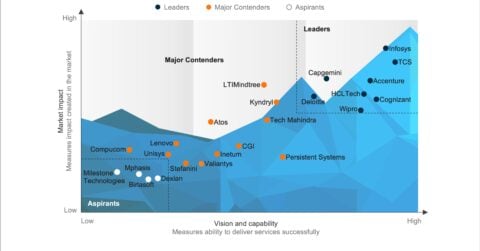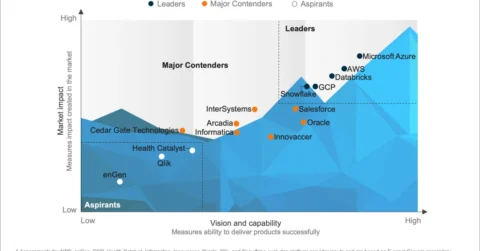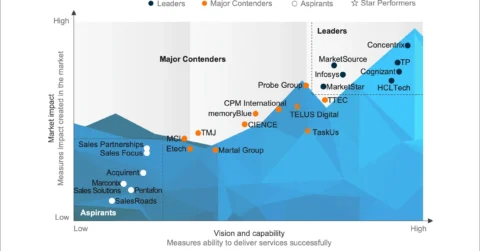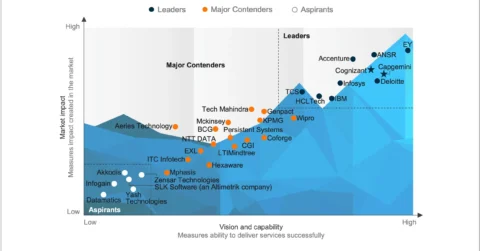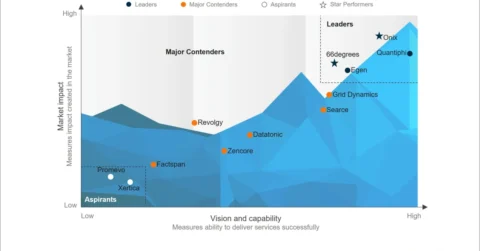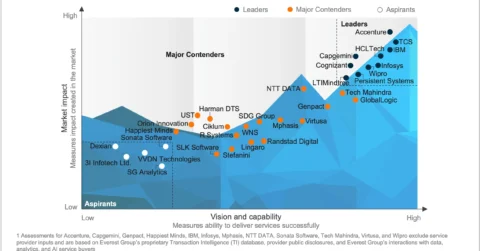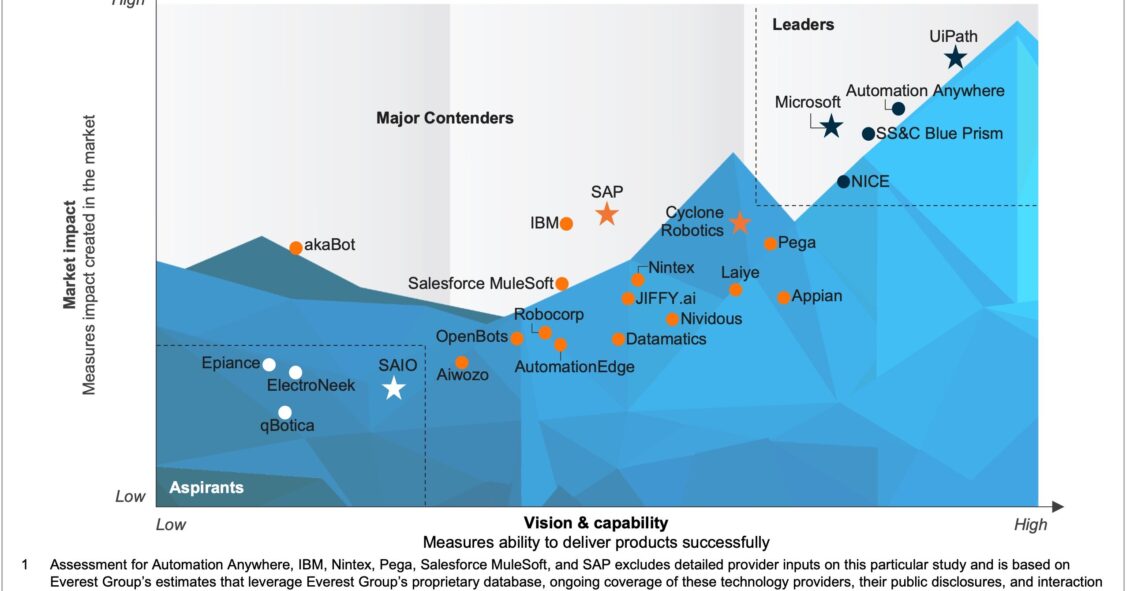
The post-pandemic era marks a pivotal period for organizations worldwide as they grapple with the challenges of a global economic slowdown, geopolitical complexities, supply chain disruptions, and ongoing talent shortages. In the face of these multifaceted challenges, corporate leaders are increasingly turning to automation as a strategic lever to not only weather the storm but also emerge stronger and more resilient.
Robotic Process Automation (RPA), which has been a critical enabler of enterprise automation for years, has evolved and adapted to the changing needs of organizations. While the overall automation ecosystem is rapidly evolving through new technologies – such as Intelligent Document Processing (IDP), process mining, task mining, API-based automation, process orchestration, and conversational AI – in this dynamic landscape, a new force is making its presence felt: generative AI. This transformative technology is reshaping the RPA space in profound ways, offering unprecedented capabilities to automate complex and cognitive tasks.
RPA provides a host of benefits to enterprises, including improved operational efficiency, enhanced customer and employee experience, and a workforce engaged in strategic activities. RPA has become a popular investment for numerous enterprises, GBS organizations, and service providers, making it one of the fastest-growing software markets in the last decade.
-
Robotic Process Automation (RPA) – Technology Provider Landscape with PEAK Matrix® Assessment 2023
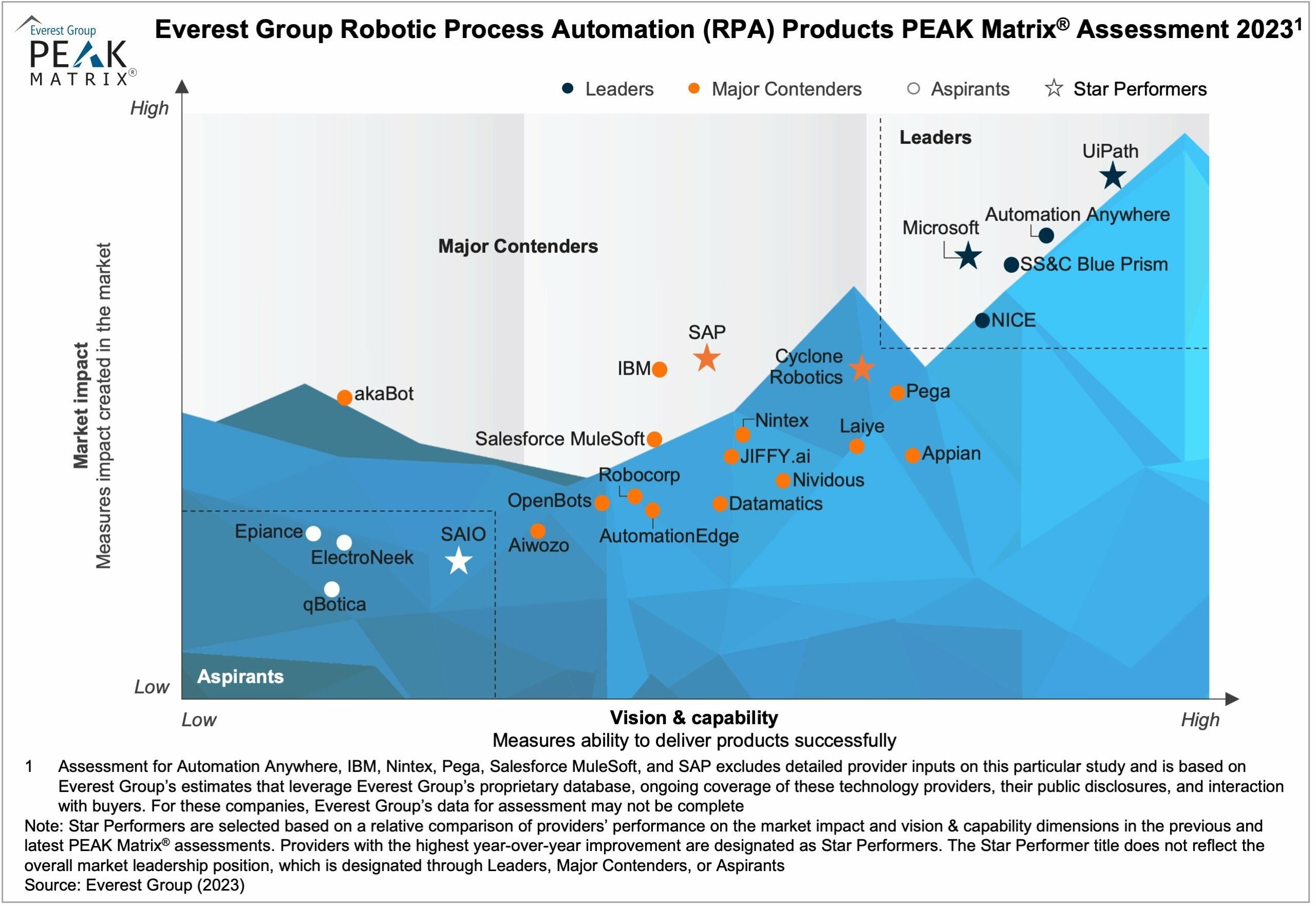
What is in this PEAK Matrix® Report
In this report, we study 25 RPA technology providers and position them on Everest Group’s PEAK Matrix®, categorizing them as Leaders, Major Contenders, and Aspirants based on their capabilities and offerings. The research will help buyers select the right-fit technology providers for their needs, while technology providers will be able to benchmark themselves against each other.
Content:
- Everest Group’s PEAK Matrix® evaluation of RPA technology providers and their categorization into Leaders, Major Contenders, and Aspirants
- The competitive landscape of the RPA technology provider market
- Key RPA technology trends
- Key strengths and limitations of each RPA technology provider
Scope:
- All industries and geographies
READ ON
What is the PEAK Matrix®?
The PEAK Matrix® provides an objective, data-driven assessment of service and technology providers based on their overall capability and market impact across different global services markets, classifying them into three categories: Leaders, Major Contenders, and Aspirants.
